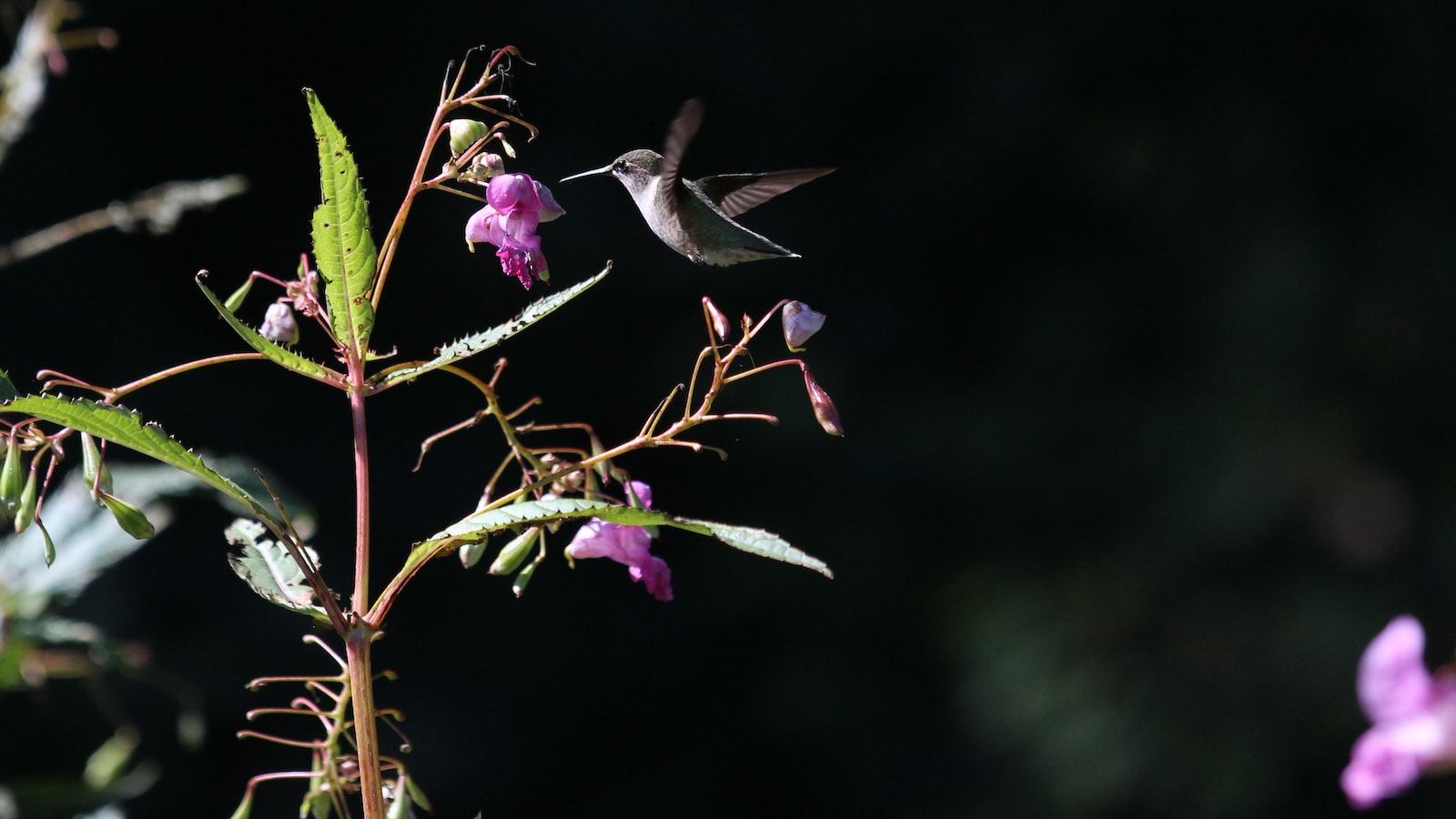In recent weeks, marine biologists have retracted a long-standing record of a supposed rare shark sighting after concluding that the fish they spotted in The Philippines was not a Goblin Shark, but a plastic toy.
The identification of the shark was made by a team of researchers from the Verde Island Passage Marine Research Institute in The Philippines in 2019. At the time, the institute had declared the species an extremely rare finding, with the potential to be a new species of Goblin Shark.
Goblin Sharks, scientifically known as Mitsukurina owstoni, are rarely seen deep-sea sharks with a flattened snout, prominent jaw, and pinkish-gray color. They can typically be found in oceans across the planet but sightings are extremely uncommon due to inhabiting depths as far as 590 meters.
After careful examination of the specimen, however, the marine biologists were forced to release a statement retracting the record. They shared that the so-called shark “was not a deep-sea species but a plastic toy”.
This case serves as a reminder of the dangers of plastic pollution and its long-term effects on the ocean’s ecosystems. The ingestion of plastic and other man-made debris by creatures of the deep-sea can cause much harm, even leading to their extinction as plastic can obstruct their digestive tracts. Plastic pollution could even pose a risk to human society, as toxic chemicals contained in plastics can eventually end up in the food chain.
It is clear that swift action must be taken to reduce plastic pollution to protect marine life. Governments and organizations across the globe must implement more effective regulations to do their part in combating this growing problem. Concurrent with governments’ initiatives, the Average Joe can make small changes in their everyday lives that can have a significant impact on the health of the oceans.
Though the sighting of the Goblin Shark in The Philippines was ultimately from a plastic toy, marine biologists remain optimistic that a true Goblin Shark can be found in the area soon. Until then, we can show our support for sea life by fighting plastic pollution in our own lives.

